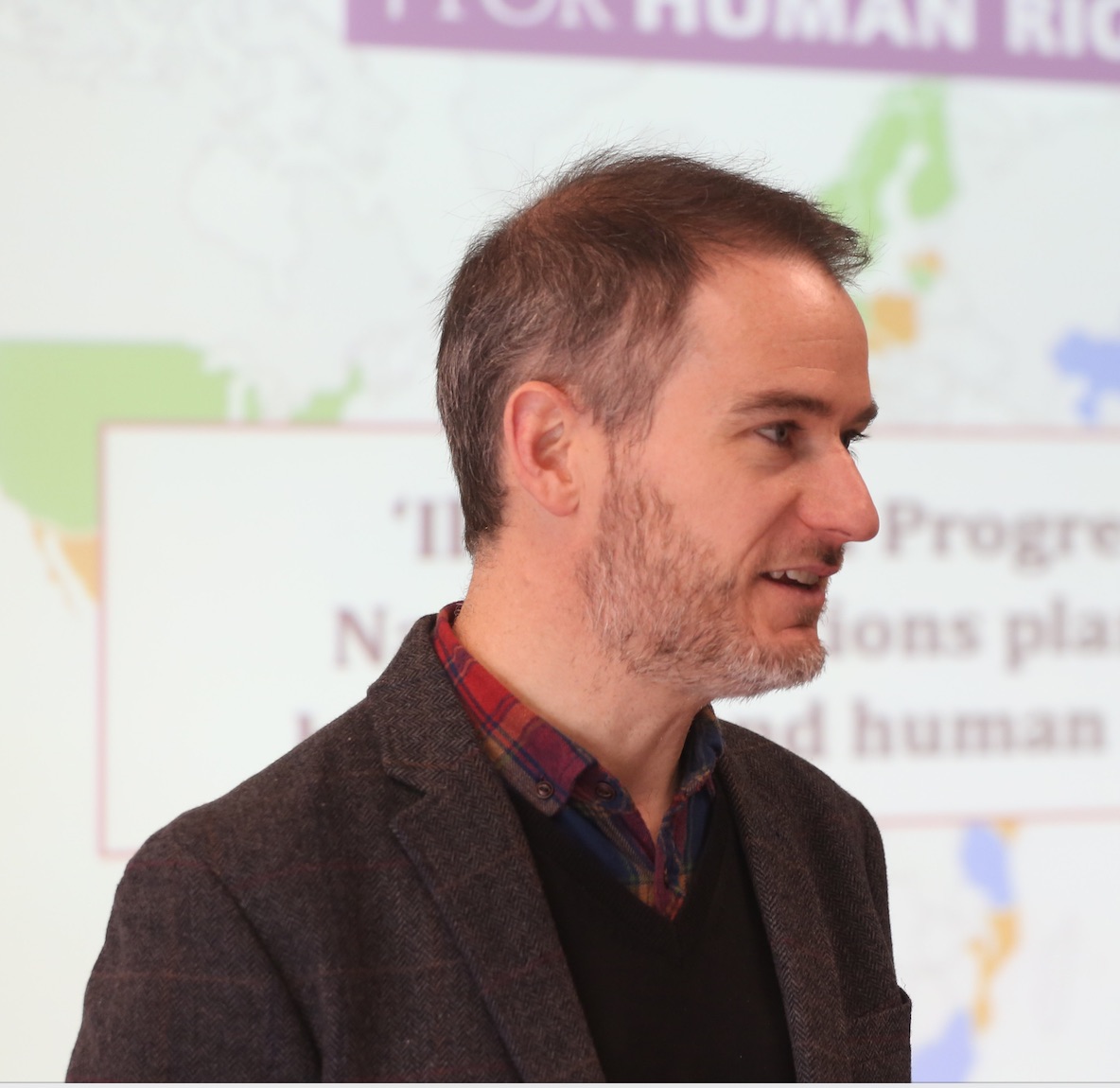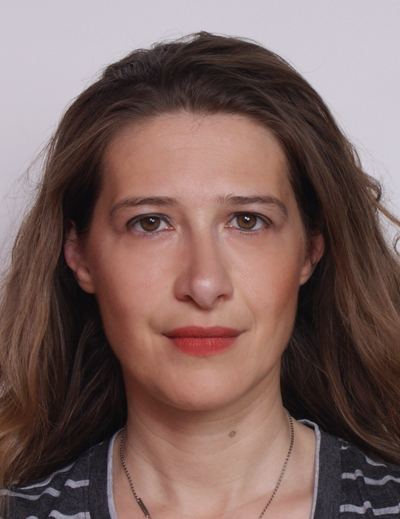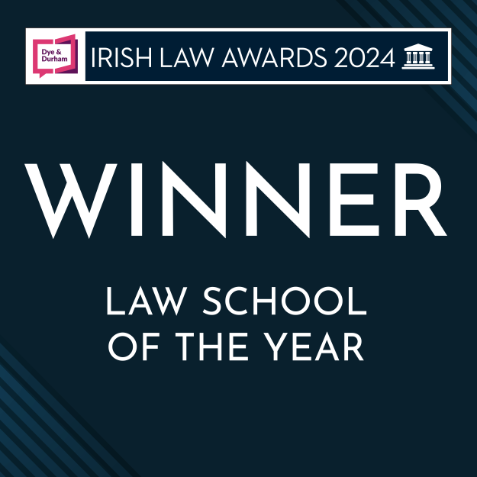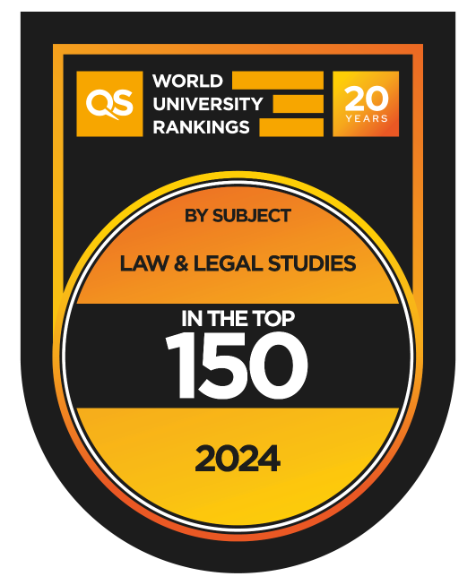-
Courses

Courses
Choosing a course is one of the most important decisions you'll ever make! View our courses and see what our students and lecturers have to say about the courses you are interested in at the links below.
-
University Life

University Life
Each year more than 4,000 choose University of Galway as their University of choice. Find out what life at University of Galway is all about here.
-
About University of Galway

About University of Galway
Since 1845, University of Galway has been sharing the highest quality teaching and research with Ireland and the world. Find out what makes our University so special – from our distinguished history to the latest news and campus developments.
-
Colleges & Schools

Colleges & Schools
University of Galway has earned international recognition as a research-led university with a commitment to top quality teaching across a range of key areas of expertise.
-
Research & Innovation

Research & Innovation
University of Galway’s vibrant research community take on some of the most pressing challenges of our times.
-
Business & Industry

Guiding Breakthrough Research at University of Galway
We explore and facilitate commercial opportunities for the research community at University of Galway, as well as facilitating industry partnership.
-
Alumni & Friends

Alumni & Friends
There are 128,000 University of Galway alumni worldwide. Stay connected to your alumni community! Join our social networks and update your details online.
-
Community Engagement

Community Engagement
At University of Galway, we believe that the best learning takes place when you apply what you learn in a real world context. That's why many of our courses include work placements or community projects.
LLM (Gender and Human Rights: Law and Policy)
Course Overview
The LLM in Gender and Human Rights analyses international human rights law and gender, engaging with the UN and regional human rights systems, concepts of gender equality, gender, peace and conflict, and gender, law and religion. It is the only programme of its kind offered in Ireland and the UK. The Programme aims to equip students with the knowledge and skills to apply concepts relating to gender and human rights law, in diverse public policy and law contexts, including conflict and post-conflict situations.
The programme will be of interest to those seeking to pursue advanced studies and careers working with international organisations, the United Nations, Government and public policy, EU institutions, and in fields of international development, Equality Law, Human Rights, Women / Gender Peace and Security, Migration and Refugee Law and Gender, Sexuality and LGBT rights.
The Programme is taught and delivered by leading international experts in the fields of Gender, Women Peace and Security, Gender and Islam, and Equality and Human Rights law. Academic staff and researchers across University of Galway’s Irish Centre for Human Rights and School of Law have developed excellent collaborations with leading international organisations specialising in the promotion of gender equality including UN Women, Council of Europe, Women’s Link Worldwide, UN CEDAW and others, and at domestic level with entities such as CUAN, National Women’s Council of Ireland, COPE, Irish Human Rights and Equality Commission.
Course Highlights:
- The programme is delivered by staff from the Irish Centre for Human Rights, one of the world’s premier university-based institutions for the study and promotion of human rights.
- Drawing on the international expertise and professional ‘real world experience’ of international experts, students are offered a wide range of choices and elective modules, allowing for specialization in particular fields of interest.
- Students are provided with inter-disciplinary and practical skills training on equality and human rights, law and public policy, development and humanitarian action, peace and conflict.
- The Human Rights Law Clinic provides students with unique practical training on mobilising human rights standards to secure reform, engaging human rights bodies, at UN and regional levels. The award winning Human Rights Law Clinic module, focuses on essential human rights lawyering skills, including oral and written advocacy (legal and policy), strategic litigation, fact-finding and development, and training on engaging with UN and regional human rights bodies and Government.
- Field trips to the International Criminal Court in The Hague and to military barracks of the Irish Defence Forces.
- Career Support with assistance in seeking career and work placement opportunities by drawing on the expertise of a global network of alumni and an outstanding network of contacts.
- Seminars, conferences and workshops ensures engagement with world-leading practitioners and scholars in the field of human rights law and public policy.
- Assessment is primarily through research papers, presentations and minor thesis rather than exams.
Applications and Selections
Who Teaches this Course
Professor Emeritus William Schabas
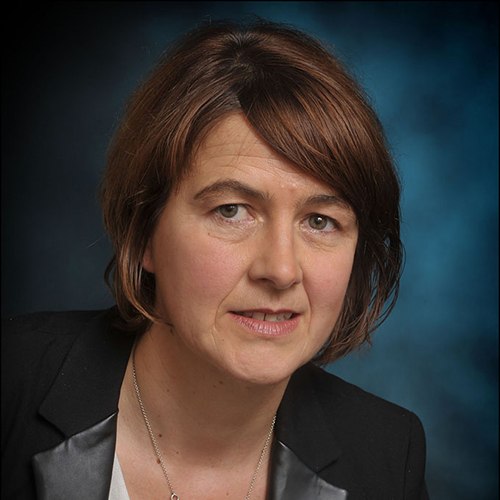
Irish Centre for Human Rights
University of Galway
View Profile

Irish Centre For Human Rights
NUI Galway
View Profile
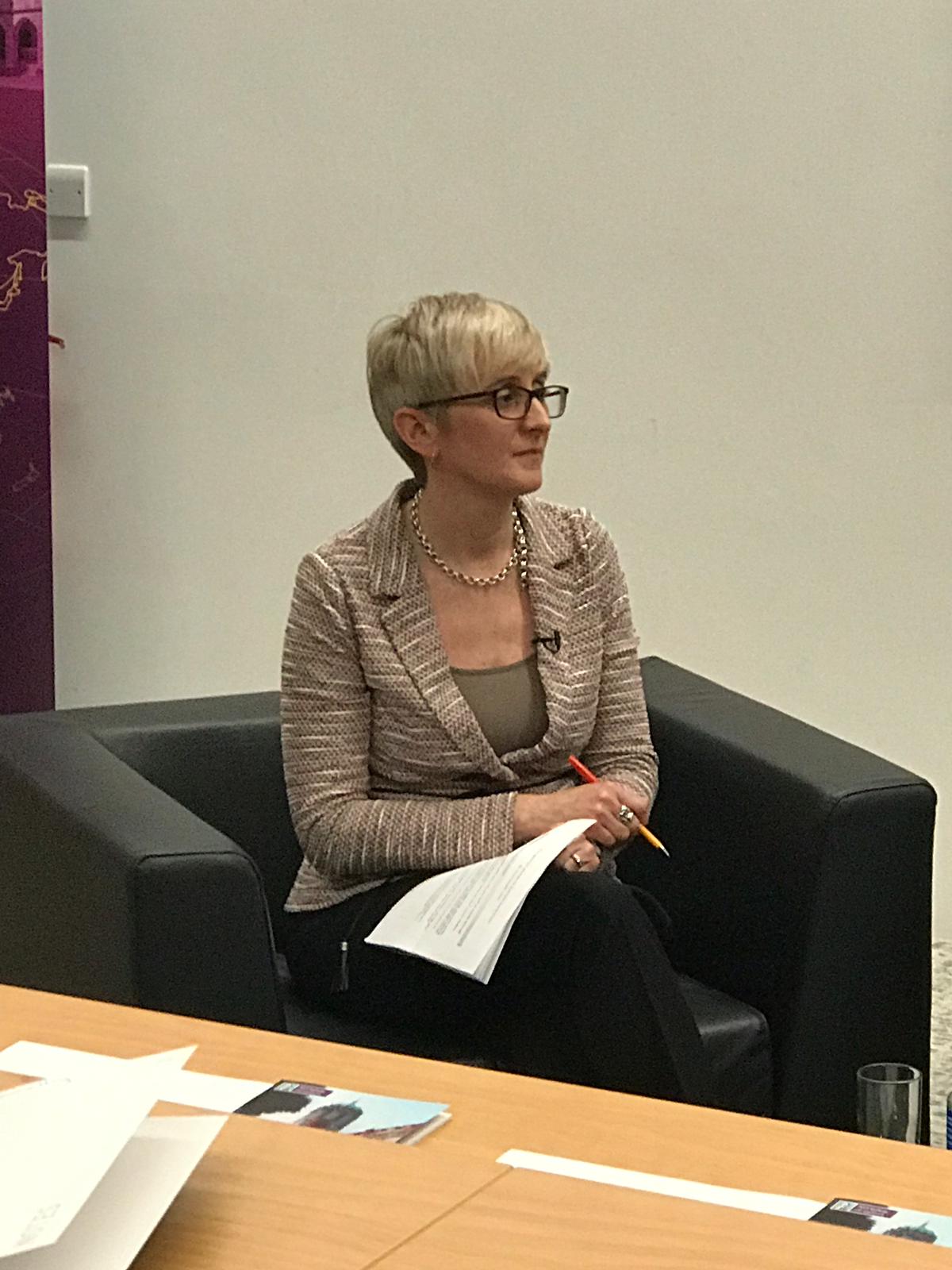
Tower 2
Arts/Science Concourse
School of Law
University of Galway
View Profile
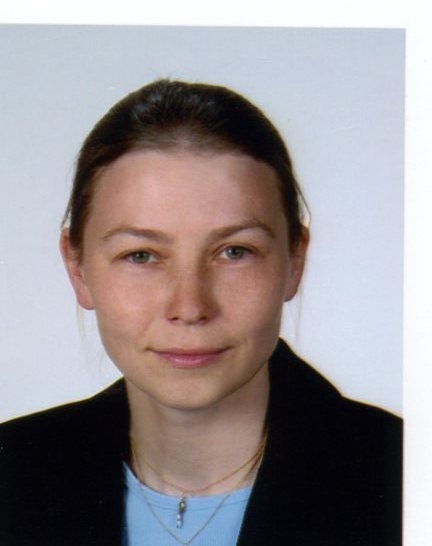
E: ekaterina.yahyaoui@universityofgalway.ie
View Profile
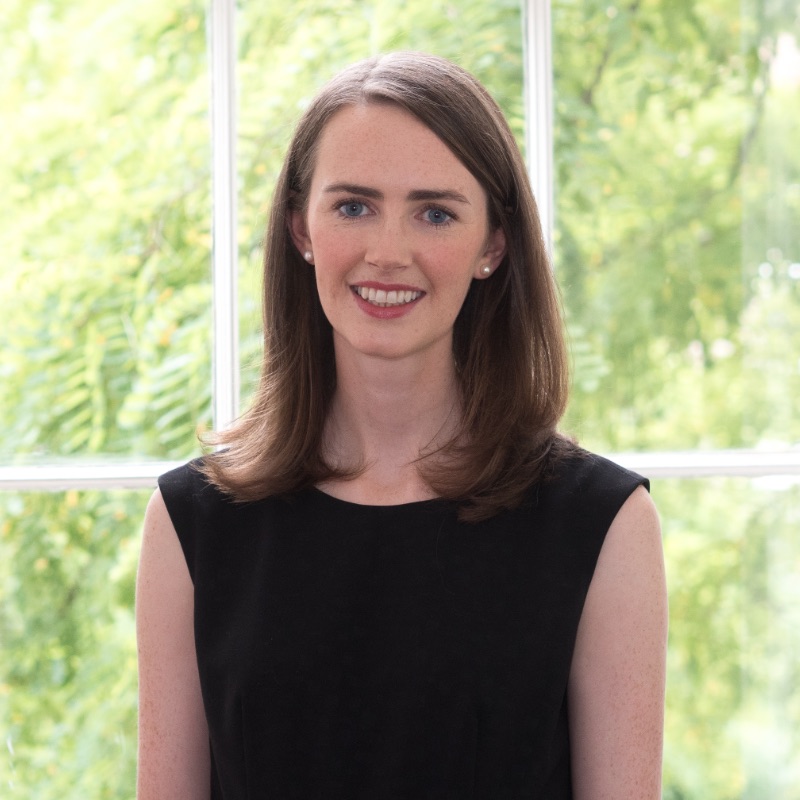
E: maeve.orourke@universityofgalway.ie
View Profile
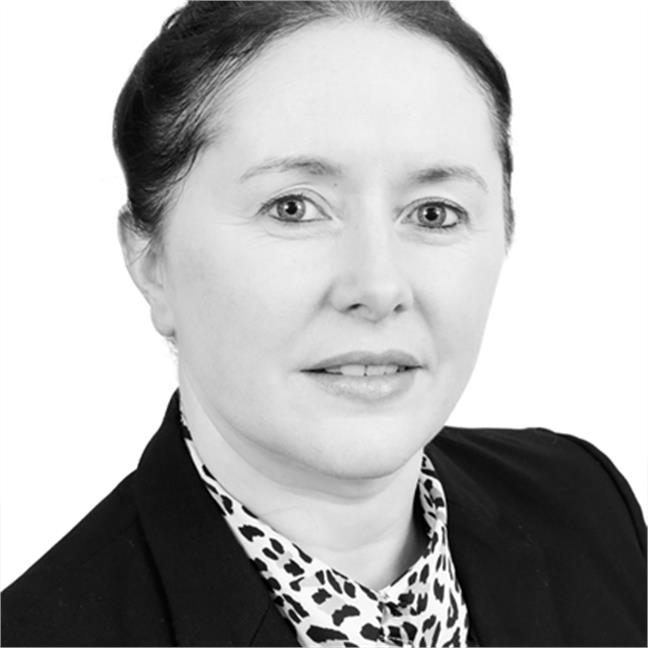
Irish Centre for Human Rights
View Profile

E: roja.fazaeli@universityofgalway.ie
View Profile
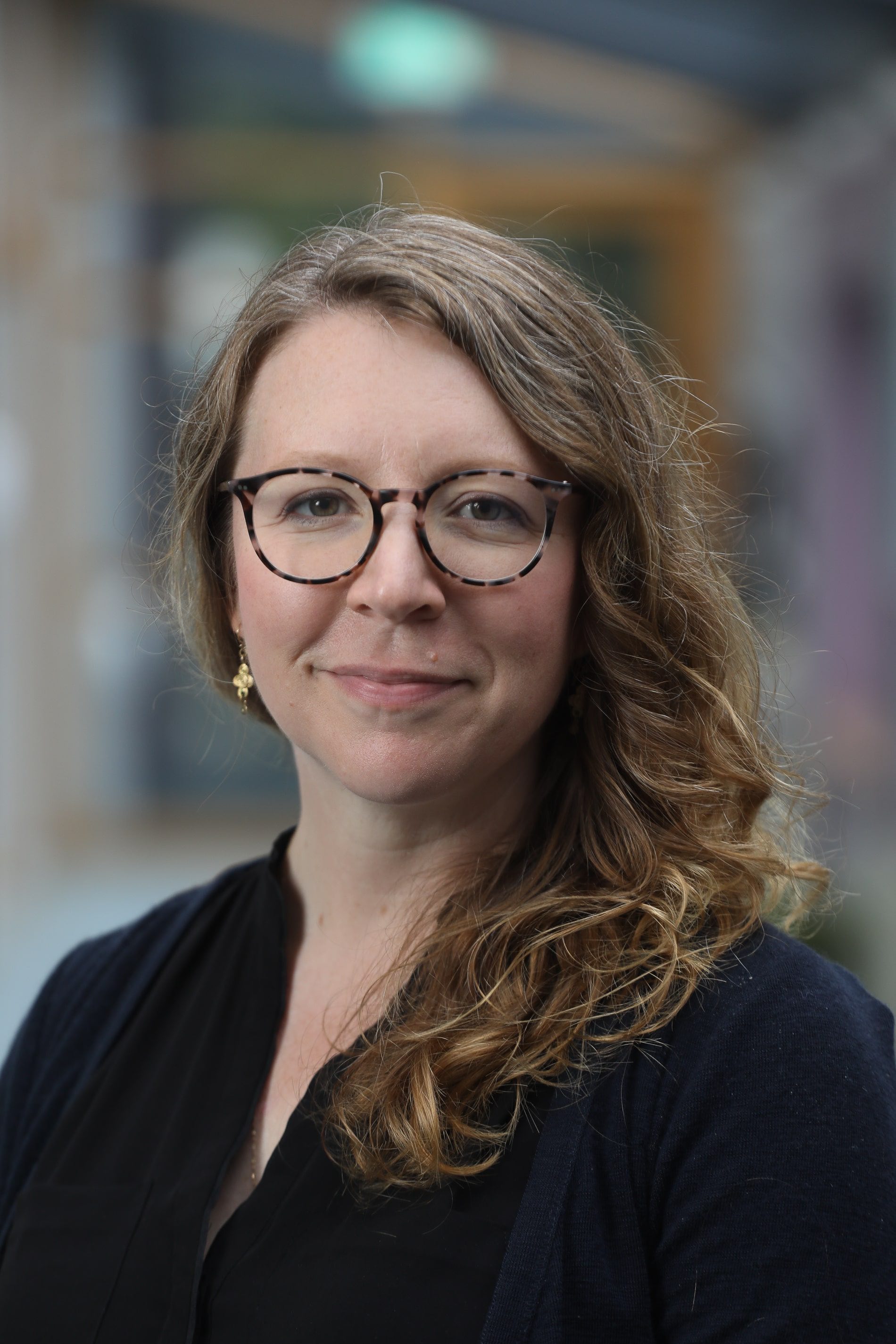
T: Ext. 3799
View Profile

E: roisin.mulgrew@universityofgalway.ie
View Profile

School of Law
College of Business, Law, and Public Policy
View Profile
Requirements and Assessment
Assessment practices will include: Continuous assessment, research essays, case study scenarios, examinations, minor dissertation, oral presentations.
Key Facts
Entry Requirements
- The Irish Centre for Human Rights welcomes students with a Level 8 (or equivalent) undergraduate degree in a range of disciplines including law, political science, social sciences and humanities.
- In cases where applicants come from a non-law background, the Irish Centre for Human Rights will consider academic background, relevant work experience, references and a personal statement.
- Applicants must normally have attained at primary degree level a result of Second Class Honours Grade 1 (2.1) or equivalent. However, those falling short of this standard may be considered where they can demonstrate other appropriate academic accomplishments as well as relevant work experience.
International students should refer to the country-specific information section of the Global Galway website.
Additional Requirements
Recognition of Prior Learning (RPL)
Applicants must normally have attained at primary degree level a result of Second-Class Honours Grade 1 (2.1) or equivalent. However, those falling short of this standard may be considered where they can demonstrate other appropriate academic accomplishments as well as relevant work experience.
Duration
1 year full-time or 2 years part-time
Next start date
TBC
A Level Grades ()
Average intake
15
QQI/FET FETAC Entry Routes
Closing Date
NFQ level
Mode of study
ECTS weighting
90
Award
CAO
Course code
Course Outline
Course and module offerings and details may be subject to change.
Teaching Mode: Full-time 1 Year or 2 Years Part-time
Programme dates: view academic calendar
Teaching takes place in Semesters One and Two (September - May). Field trips, Summer Schools and the LLM Dissertation are completed in the summer period (May – August).
The 90 ECTS programme consists of:
Compulsory modules 20 credits + Optional Modules 40 credits + Dissertation (Thesis) 30 credits
Core modules (20 credits)
- Gender and Human Rights (10 ECTS)
- International Human Rights Law (10 ECTS)
Dissertation (30 credits) (including training on legal research and writing skills)
Elective Modules (Students chose 40 ECTS from a wide range of subject choices)
Course and module offerings and details are subject to change. Below are the list of modules being offered during the academic year 2024/2025. View descriptions of each module here or click on ‘Year 1 (90 credits)’ below to view module information.
- Public International Law (10 ECTS)
- International Criminal Law (10 ECTS)
- International Humanitarian Law (10 ECTS)
- Contemporary Issues in International Migration Law (10 ECTS)
- European Migration Law (5 ECTS)
- Peace Support Operations (10 ECTS)
- European Convention on Human Rights: Law and Politics (10 ECTS)
- International Humanitarian Law (10 ECTS)
- Business and Human Rights 2 (10 ECTS)
- International Refugee Law (10 ECTS)
- Human Rights Law Clinic (10 ECTS)
- Climate Justice (5 ECTS)
- The Common European Asylum System (5 ECTS)
- Transitional Justice (5 ECTS)
- Procedure before International Criminal Courts (5 ECTS)
- Counter Terrorism and Human Rights (5 ECTS)
- Critical Race Theory and Human Rights (5 ECTS)
- Transnational Lawyering (5 ECTS)
- International Child Rights (5 ECTS)
- Foundational Theoretical Framework in Disability Law and Policy (10 ECTS)
- Legal Capacity Law and Policy (10 ECTS)
- International Disability Human Rights Clinic (10 ECTS)
- Advocacy and Access to Justice (10 ECTS)
- Inclusive Education Law and Policy (10 ECTS)
- Mental Health Law and Policy (10 ECTS)
- Policing, Security and Rights (10 ECTS)
- Minors, Minority Groups & the Criminal Justice System (10 ECTS)
- Sentencing and Penal Law Policy (10 ECTS)
- Imprisonment and Rights (10 ECTS)
Students may also take up to 10 ECTS from the LLM (General) and LLM International and Comparative Business Law.
Why Choose This Course?
Career Opportunities
Expertise and qualifications in gender and human rights are increasingly a requirement for employment with Government, public policy, international organisations, UN entities and international development and humanitarian organisations. There is a demand for graduates with training in gender, equality and human rights with EU institutions and in international development organisations, due to the centrality of gender quality in the Sustainable Development Goals. New public sector legal duties on equality and human rights in Ireland, across Europe and globally, have also opened up new employment opportunities in this field.
Graduates may pursue careers in Equality Diversity and Inclusion roles, in policy, leadership, management, consultancy roles and in legal practice. Other career paths include: EU institutions; Civil Society Organisations; Foreign Affairs; United Nations, International and Regional Organisations, Government and Public Policy, Peace operations, Equality and Human Rights Institutions, Gender Policy and Law roles, Legal, Foreign Affairs / Diplomacy, Humanitarian and Development organisations.
Who’s Suited to This Course
Learning Outcomes
Transferable Skills Employers Value
- Demonstrate a systematic understanding, in-depth knowledge and critical awareness of gender and human rights law, and of the significance of gender concepts to law, policy and practice.
- Analyse and apply foundational concepts in gender and international human rights law to questions of law, policy, and practice.
- Analyse core concepts of international human rights law, demonstrate comprehensive knowledge of UN systems of human rights protection, and apply this knowledge to diverse contexts.
- Apply knowledge and skills in carrying out research projects from design to write-up in the field of gender and human rights law.
- Demonstrate skills highly relevant to gender and human rights, equality policy, research and advocacy roles and legal practice in the voluntary, public and private sectors, and in international organisations.
- Analyse problems relating to conflict, peace and justice, applying core concepts of gender and human rights.
Work Placement
Study Abroad
Related Student Organisations
Course Fees
Fees: EU
Fees: Tuition
Fees: Student levy
Fees: Non EU
For 25/26 entrants, where the course duration is greater than 1 year, there is an inflationary increase approved of 3.4% per annum for continuing years fees.
Postgraduate students in receipt of a SUSI grant – please note an F4 grant is where SUSI will pay €4,000 towards your tuition (2025/26). You will be liable for the remainder of the total fee. A P1 grant is where SUSI will pay tuition up to a maximum of €6,270. SUSI will not cover the student levy of €140.
Note to non-EU students: learn about the 24-month Stayback Visa here.
Find out More
Professor Roja Fazaeli (Programme Director)
E: roja.fazaeli@universityofgalway.ie
Queries about this and other postgraduate programmes in the School of Law can also be directed to: lawpostgrad@universityofgalway.ie








